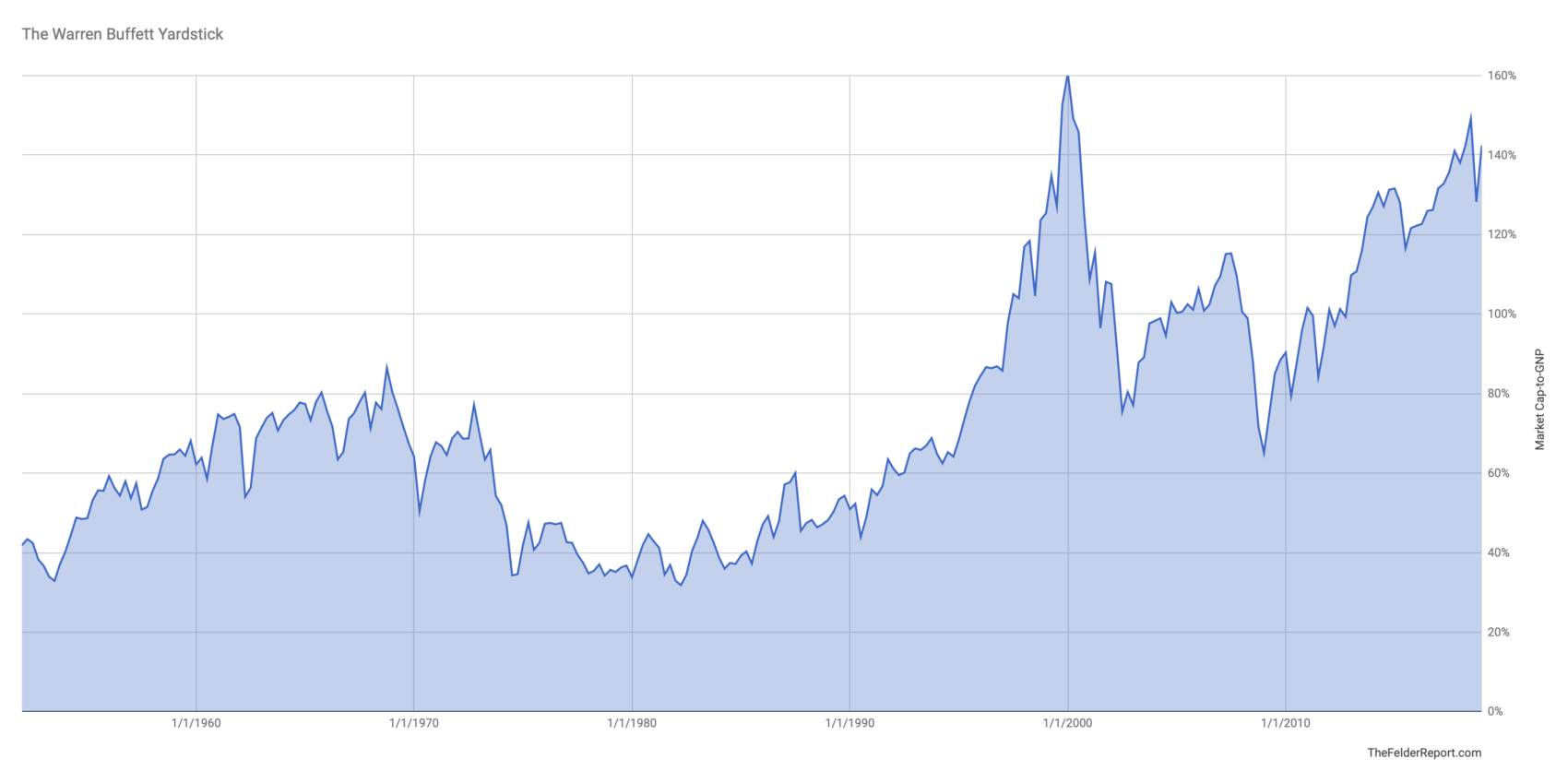Middle Managers: Their Crucial Role In Organizational Effectiveness And Employee Development

Table of Contents
The Bridge Between Leadership and Employees
Middle managers act as the vital link between senior leadership and frontline teams. They are responsible for translating the strategic goals set by upper management into actionable plans and objectives for their individual teams. This requires exceptional communication skills and the ability to break down complex strategies into clear, understandable tasks. They aren't merely messengers; they are interpreters, ensuring everyone understands the "why" behind the work.
- Effective communication strategies for middle managers: This includes clear and consistent communication, active listening, regular team meetings, and utilizing multiple communication channels to ensure message clarity. Transparency is key.
- Methods for translating complex strategies into clear team objectives: Breaking down large-scale projects into smaller, manageable tasks, setting SMART goals (Specific, Measurable, Achievable, Relevant, Time-bound), and using visual aids like project timelines can greatly improve understanding and execution.
- Best practices for gathering and acting on employee feedback: Regular feedback sessions, anonymous surveys, and open-door policies create a safe space for employees to share their thoughts and concerns. Middle managers must actively listen, address concerns promptly, and show that feedback is valued.
Driving Organizational Effectiveness through Middle Management
Effective middle management directly impacts productivity, efficiency, and overall organizational performance. Their leadership style significantly influences team morale, collaboration, and innovation. When middle managers foster a positive and supportive work environment, employees are more engaged, motivated, and productive.
- Metrics for measuring the impact of middle management on organizational effectiveness: Key Performance Indicators (KPIs) like team productivity, project completion rates, employee satisfaction scores, and customer satisfaction ratings can be used to gauge the effectiveness of middle management.
- Examples of successful middle management strategies in different industries: Agile methodologies in tech, lean management in manufacturing, and customer-centric approaches in retail demonstrate how effective middle management adapts to industry-specific needs.
- The role of middle managers in fostering a culture of continuous improvement: Encouraging feedback, implementing best practices, and identifying areas for improvement are crucial roles middle managers play in driving organizational growth.
The Role of Middle Managers in Employee Development
Middle managers are not just supervisors; they are mentors, coaches, and trainers for their teams. They play a critical role in identifying employee strengths and weaknesses, fostering growth, and providing regular feedback. Effective performance management, combined with opportunities for professional development, leads to improved employee retention and overall talent development within the organization.
- Effective strategies for providing constructive feedback and performance reviews: Regular one-on-one meetings, 360-degree feedback, and specific, actionable feedback are crucial components of effective performance management.
- Methods for identifying and nurturing employee talent: Mentorship programs, skill-building initiatives, and opportunities for cross-functional collaboration can help middle managers identify and nurture talent within their teams.
- Best practices for creating development plans for individual team members: Tailored development plans should address individual needs and aspirations, aligning with both employee goals and organizational objectives.
- The importance of succession planning facilitated by middle managers: Middle managers are in a unique position to identify high-potential employees and groom them for future leadership roles, ensuring a smooth transition and organizational stability.
Challenges Faced by Middle Managers and Solutions
Middle managers often face significant challenges, including conflicting priorities, resource constraints, and managing diverse personalities. These pressures can impact their effectiveness and well-being. Addressing these challenges proactively is critical for organizational success.
- Strategies for prioritizing tasks and managing workload effectively: Time management techniques, delegation, and the use of project management tools can help middle managers effectively prioritize tasks and manage their workload.
- Methods for effectively managing conflict and building strong team relationships: Conflict resolution training, team-building activities, and fostering open communication can help middle managers build strong, collaborative teams.
- Resources and training available to support middle managers in their roles: Organizations should invest in training programs that equip middle managers with the necessary skills and knowledge to effectively manage their teams and navigate organizational challenges.
Conclusion
In conclusion, middle managers are indispensable to organizational success. Their ability to bridge the gap between leadership and employees, drive organizational effectiveness, and foster employee development is paramount. Investing in their training, providing them with the necessary resources, and recognizing their vital contributions are essential for cultivating a high-performing organization. Empower your middle managers, invest in your middle management, and develop high-performing middle managers to achieve lasting organizational success. Consider exploring further resources on middle management training and development to further enhance their capabilities and contributions to your organization.

Featured Posts
-
 Tom Cruises Death Defying Stunt In Mission Impossible
Apr 26, 2025
Tom Cruises Death Defying Stunt In Mission Impossible
Apr 26, 2025 -
 Mission Impossible Tom Cruises Gravity Defying Stunt Revealed
Apr 26, 2025
Mission Impossible Tom Cruises Gravity Defying Stunt Revealed
Apr 26, 2025 -
 Addressing Investor Concerns Bof As Take On High Stock Market Valuations
Apr 26, 2025
Addressing Investor Concerns Bof As Take On High Stock Market Valuations
Apr 26, 2025 -
 Merliers Double Victory At Paris Nice A Dominant Performance
Apr 26, 2025
Merliers Double Victory At Paris Nice A Dominant Performance
Apr 26, 2025 -
 Damen And Icdas Turkish Tugboat Project Announced
Apr 26, 2025
Damen And Icdas Turkish Tugboat Project Announced
Apr 26, 2025
Latest Posts
-
 T Mobile Hit With 16 Million Fine Over Three Year Data Breach
Apr 27, 2025
T Mobile Hit With 16 Million Fine Over Three Year Data Breach
Apr 27, 2025 -
 Building Voice Assistants Made Easy Open Ais 2024 Developer Announcements
Apr 27, 2025
Building Voice Assistants Made Easy Open Ais 2024 Developer Announcements
Apr 27, 2025 -
 Repetitive Documents Ai Creates A Compelling Poop Podcast
Apr 27, 2025
Repetitive Documents Ai Creates A Compelling Poop Podcast
Apr 27, 2025 -
 Ai Digest How To Create A Podcast From Repetitive Scatological Data
Apr 27, 2025
Ai Digest How To Create A Podcast From Repetitive Scatological Data
Apr 27, 2025 -
 From Scatological Documents To Engaging Podcast Ais Role In Content Transformation
Apr 27, 2025
From Scatological Documents To Engaging Podcast Ais Role In Content Transformation
Apr 27, 2025
